
A ZeM membership is open to anyone who is associated with one of the participating Brandenburg universities.

A ZeM membership is open to anyone who is associated with one of the participating Brandenburg universities.

Subscribe to our newsletter to stay informed about event announcements and news from the ZeM!
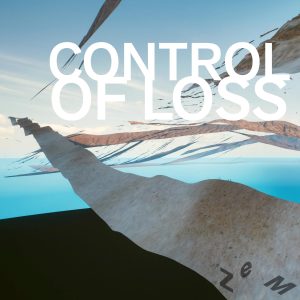
Review of the academic events funded as part of the annual focus “Control of Loss” (2023/24).

Research, study, or knowledge transfer: Here you will find an overview of media science institutes and degree programmes in the state of Brandenburg, Germany.

In this anthology edited by Marie-Luise Angerer, Ingrid Richardson, Hannah Schmedes and Zoë Sofoulis, 13 authors reflect on technologies of holding, filtering and leaking. Also available in open access.
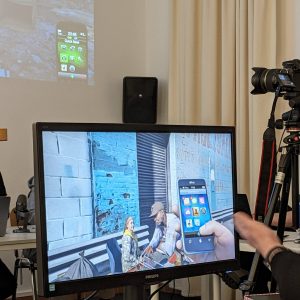
Every Monday DIGAREC is live on Twitch! Play different games together and enter into a scientific exchange about them.
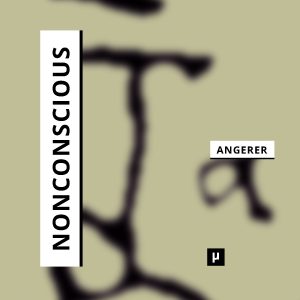
Marie-Luise Angerer makes the affective short circuits between psyche and machine tangible as not unconscious, but “non-conscious” clockings of movement and time formations.
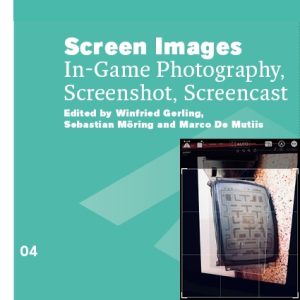
This Open Access book examines historical and contemporary image practices and phenomena, including screenshots, screen photography, screencasts and in-game photography.

100 years ago, radio was established in the German-speaking world as “Rundfunk”. In five case histories, Kai Knörr tells a media history of “Funken” – the electric spark – from the 17th-19th century.

We are pleased to announce that the first six titles of the ZeM publication series are now available in Open Access. They are hosted as a separate series at media/rep/.

The number of publications that have appeared is now so large that Kadmos has created a flyer especially for the ZeM series (in German). We thank the publisher for the great cooperation!

Maike Sarah Reinerth examines representations of memory and imagination through detailed film analyses from three eras.
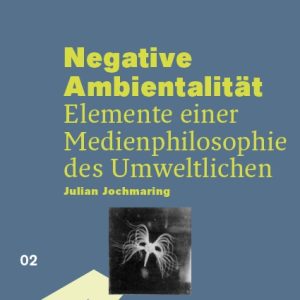
Julian Jochmaring proposes the concept of a “negative ambientality” to ground current ecological theories in media philosophy.

For more than six decades, between computer science, semiotics, art and cultural theory, Frieder Nake has dealt with the presence of the computer…

The volume published by Palgrave Macmillan provides an introduction to ongoing debates and develops its own approach to the critique of digitality.

German first translation of a text published anonymously under the title ‘Les Animaux plus que Machines’ (1750)…

The iconic turn appeared more than 25 years ago with a radical proposition…

After the scandalous ‘L’Homme Machine’, La Mettrie wrote further machine-philosophical texts in Potsdam.
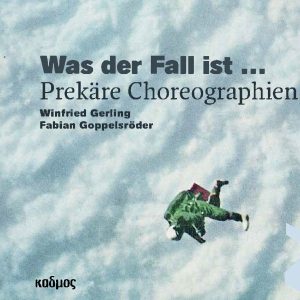
“The world is everything that is the case” – derived from the Latin verb cadere, “to fall”. But what is the case? Two authors investigate a concept in dialogue.
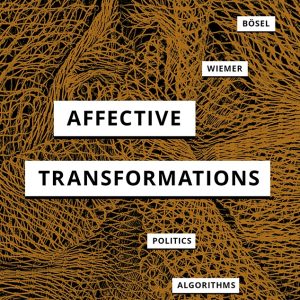
Affect gets measured, calculated, controlled. Politics as well as power have become affective. We have to rethink our ethical, aesthetical, political as well as legal regimes of affect organization.
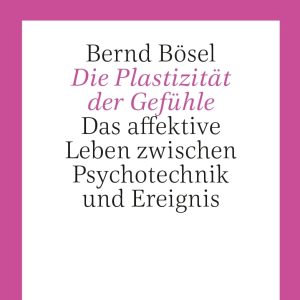
Now in Open Access: Emotional life is increasingly read out, regulated and produced by digital technologies. Bernd Bösel opens up a genealogical view of the readjustments of this technification…

Overview of the academic events funded as part of the annual focus on “Digital Realities” (2022/23).
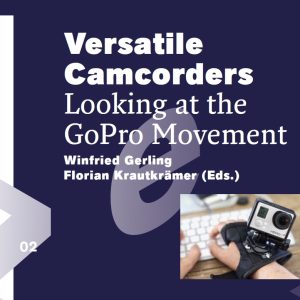
Small robust action-cams like the GoPro have lastingly altered the conditions for making images…

It is one of the central feminist concerns to take seriously the reality-constituting agency of narratives….